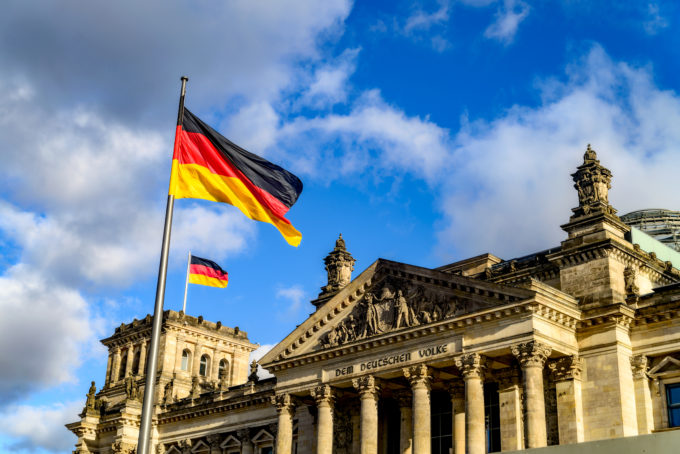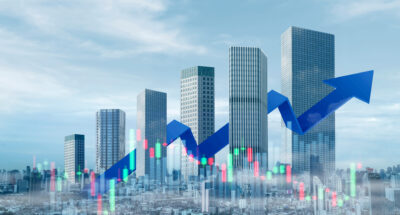In 1998, economist Holger Schmieding first labeled Germany the “Sick Man of Europe” when its economic growth fell below that of other members of the nascent Eurozone. The cost of reunifying West and East Germany created unprecedented burdens on the economy, it was said. In June 1999, The Economist coined the same phrase. Within a decade, however, and despite the Global Financial Crisis, Germany transformed from the “Sick Man of Europe” to Europe’s “Economic Superstar.” This was attributed to various factors such as the “Agenda 2010” reforms, the flexibility of labor market institutions, and early mover exports to emerging markets like China and India.
With the challenges of the COVID-19 pandemic, the Ukraine conflict, subsequent energy price shocks, rising interest rates, and China’s economic slowdown, Germany’s ‘golden decade‘ appears to be over. “Europe’s biggest economy has gone from a growth leader to a laggard,” wrote The Economist in an August 2023 article. The IMF and OECD expect Germany to be the worst growth performer among advanced economies this year.
But is Germany’s poor macroeconomic performance translating into below-par results by Germany’s largest firms? Using a bottom-up firm-based approach, we move beyond standard macroeconomic statistics to assess the recent performance of Germany’s capitalism. To evaluate recent quarterly economic profits in comparison to previous years on an apples-for-apples basis, we adjusted our economic profit measure and did not add back voluntary expenses, such as research and development. This adjustment was necessary given the delays in reporting these expenses. That said, we summarise our main findings as follows:
First, the economic profitability of Germany’s publicly-listed firms in the first half of 2023 is not worse across the board when compared to the preceding two years. Q1 2023 profitability is below that of Q1 2022 but above that of Q1 2021. Q2 2023 is more than double the nadir of Q2 2022 but still below levels seen in Q2 2021. In relative terms, German publicly-listed firms earned $2.8 of economic profits per $100 of revenue less in Q1 2023, which could depress national capital formation.
Second, warning signals are getting harder to ignore as a remarkable 51% of publicly listed German firms actually ‘destroyed’ value in the first half of 2023. Half of Germany’s largest firms had negative economic profits, a stark contrast to the 2021-2022 period, when ‘only’ 36% of German publicly listed firms destroyed value. The percentage of strongly performing firms creating more than $100m in economic profits declined from 15% in H1 2022 to 9% in H1 2023. And the percentage of firms losing more than $100m has risen from 6% to 9% over the same timeframe.








